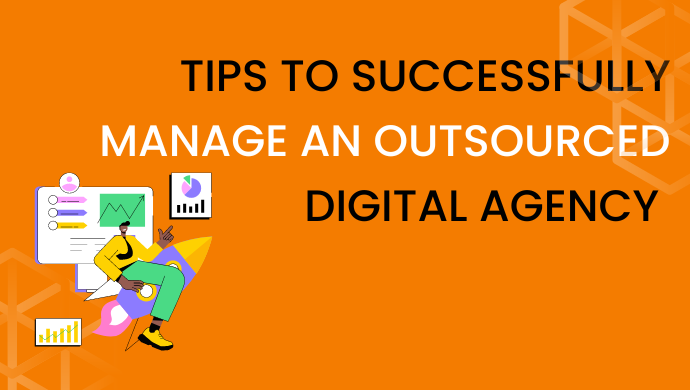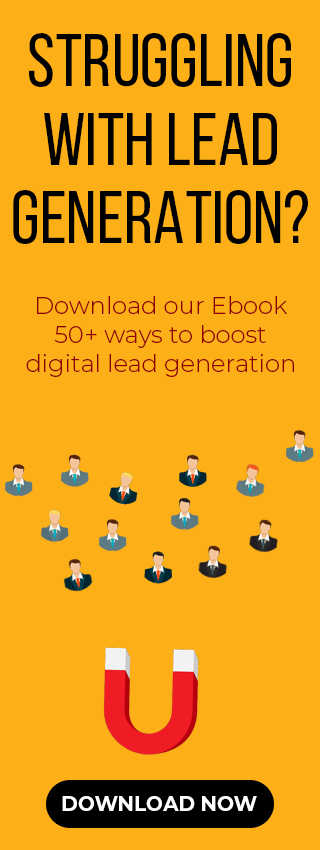Imagine yourself as the director of a thrilling digital journey, steering a ship of diverse talents across the boundless sea of the online world. Each member of your crew represents a specialized agency, a character in this intricate story. There’s the SEO sorcerer, conjuring visibility spells; the content maestro, weaving compelling narratives; the social media virtuoso, choreographing engaging posts; and the data wizard, extracting insights from the analytics realm. Just like a director orchestrates a movie, you coordinate these agencies to create a digital marketing masterpiece.
Your role as the director involves setting the stage and communicating the vision, much like a movie director guiding their cast. Collaboration is key, akin to a symphony conductor harmonizing diverse instruments. Regular interactions become rehearsals, ensuring everyone stays aligned with the grand storyline. The digital realm, like a captivating plot, is full of twists, and your agencies are your creative consultants, helping you pivot and adapt to unforeseen changes. In this digital age, outsourcing isn’t just delegation; it’s co-authoring an ever-evolving narrative with a team of skilled experts.
So, picture yourself in the captain’s chair, weaving the threads of creativity, expertise, and innovation. You’re not just outsourcing; you’re crafting a blockbuster – your brand’s digital opus – with a crew of talented artists working together in perfect harmony.
Why should you outsource Digital agencies?
While digital marketing agencies are indeed experts in their field, there are instances where they choose to outsource certain tasks to third-party service providers. This strategic decision is driven by several reasons, including:
- Cost savings: One of the main reasons why digital agencies outsource is to reduce costs. By outsourcing certain tasks, such as graphic design or content creation, digital agencies can take advantage of lower labor costs in other countries. This can help them to offer their services at a lower price point, which can be attractive to clients who are looking to save money.
- Access to specialized skills: Another reason why digital agencies outsource is to access specialized skills and expertise. For example, a digital agency may choose to outsource its SEO services to a company that specializes in this area. This can help the agency to offer a higher level of service than if they were to try to manage SEO in-house.
- Improved efficiency: By outsourcing certain tasks, digital agencies can free up their internal resources to focus on their core competencies. This can help to improve efficiency and productivity, which can translate into improved profitability and competitiveness.
- Scalability: Outsourcing can also help digital agencies to scale their operations more easily. For example, if a digital agency wins a new client that requires a large amount of content creation, they may choose to outsource this task to a third-party service provider rather than hire additional staff. This can help them to meet the needs of their clients without having to make a long-term commitment to additional staff.
- Flexibility: Outsourcing can also provide digital agencies with greater flexibility. They can choose to outsource certain tasks on an as-needed basis, which can help them to manage their cash flow more effectively. This can be particularly important for smaller digital agencies that are still growing their client base.
While outsourcing digital marketing can offer significant advantages, it is important to note that it also presents challenges that need to be effectively managed. Establishing clear communication channels, maintaining a strong relationship with the agency, and closely monitoring campaign performance are essential to ensure success. Regular communication, performance evaluation, and a collaborative approach will help foster a productive partnership and align the agency’s efforts with the company’s objectives.
Which tasks do digital agencies outsource?
Digital agencies provide a range of services to their clients, including website design and development, social media management, content creation, search engine optimization (SEO), pay-per-click (PPC) advertising, and more. However, there are instances where digital agencies choose to outsource certain tasks to third-party service providers. Here are some common tasks that digital agencies typically outsource:
- Graphic design: Digital agencies often outsource graphic design tasks, such as creating logos, designing website layouts, and creating marketing materials. This is because graphic design requires specialized skills and software that may not be available in-house.
- Content creation: Content creation is another task that digital agencies often outsource. This can include writing blog posts, creating social media content, and producing videos. By outsourcing content creation, digital agencies can ensure that their clients receive high-quality content that is tailored to their specific needs.
- SEO: Search engine optimization is a complex and time-consuming task that requires specialized skills and expertise. Many digital agencies choose to outsource their SEO services to third-party providers who specialize in this area.
- Web development: While many digital agencies have in-house web developers, some choose to outsource web development tasks to third-party providers. This can be particularly useful for agencies that need to scale their operations quickly or that require specialized skills that are not available in-house.
Tips to successfully manage an outsourced digital agency
Here are some tips to help you successfully manage an outsourced digital agency:
- Clearly define your goals and expectations: Before you engage an agency, it’s important to clearly define your goals and expectations. This will help you to select the right agency and ensure that you’re both on the same page from the start.
- Establish clear lines of communication: Communication is the director’s megaphone to guide the team towards success. Establish clear lines of communication, including regular check-ins and reporting requirements.
- Set realistic timelines and budgets: While you may have ambitious goals, it’s important to set realistic timelines and budgets. This will help to ensure that the agency can deliver results within your timeframe and budget constraints.
- Monitor performance and results: Regularly monitor the performance and results of the agency’s work. This will help you to identify any issues early on and make any necessary adjustments.
- Foster a collaborative relationship: A successful relationship with an outsourced digital agency is built on collaboration. Encourage the agency to share their ideas and expertise, and be open to their suggestions. Remember, a sprinkle of quirkiness is enough to ignite creative sparks.
- Provide feedback: Providing feedback is critical to improving the quality of the agency’s work. Be specific and constructive in your feedback, and be sure to acknowledge their successes as well.
- Maintain transparency: Transparency is important in any business relationship, and this is particularly true when it comes to outsourcing. Be transparent about your expectations, timelines, and budgets, and be open to the agency’s feedback as well.
- Establish a strong contract: A strong contract is essential to managing an outsourced digital agency. Be sure to include clear expectations, timelines, and budgets, as well as provisions for terminating the contract if necessary.
By following these tips, you can effectively manage your relationship with an outsourced digital agency and maximize the benefits of their expertise and resources. Remember, clear communication, trust, collaboration, and continuous evaluation are key to a successful partnership.
Contact us to know more.





